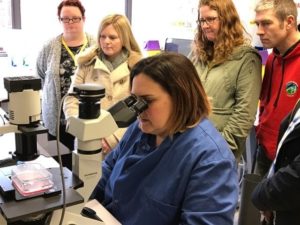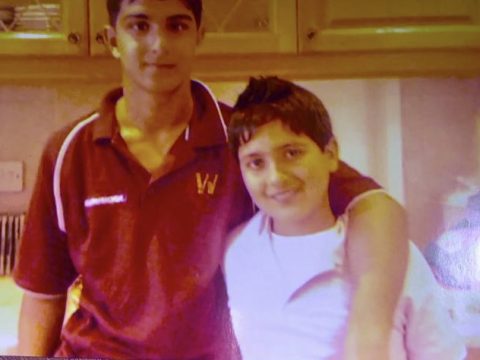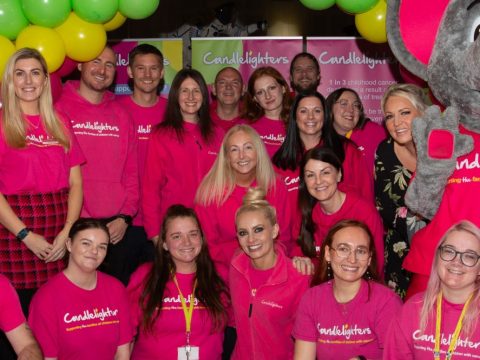Neuroblastoma is a type of cancer that forms in certain types of nerve tissue. It most frequently starts from one of the adrenal glands, but can also develop in the neck, chest, abdomen, or spine. In the UK, 100 children are newly diagnosed with neuroblastoma every year.
Candlelighters have funded research over the last year to improve outcomes for children with this form of cancer.
If the neuroblastoma is localised then children are likely to have a good outcome. However, if the disease has spread from the primary site then the outcome is often much poorer, with 1 in 5 children succumbing within 4 years.
There is a real challenge in treating neuroblastoma that has spread or is in the bone marrow, as it can be drug resistant.
The research is working on developing new tests to assess children to see what type of neuroblastoma they have and, if they have drug resistant cells, to ensure they get the right level of treatment.
Their goal is to ensure children receive personalised treatment; adaptive treatment is more effective and minimises the toxicity children are exposed to.
The research has been looking closely at the cancer cells, in particular understanding those that are dividing (and growing) and are drug resistant. They have been able to use DNA sequencing to look at the cell pathways to see if they can target and kill the neuroblastoma cells directly.

The next step for the research is to investigate the environmental impact on the neuroblastoma cells that they have cultivated in the lab so they can see how they react or work differently within a body, surrounded by normal cells.
You might also like...






